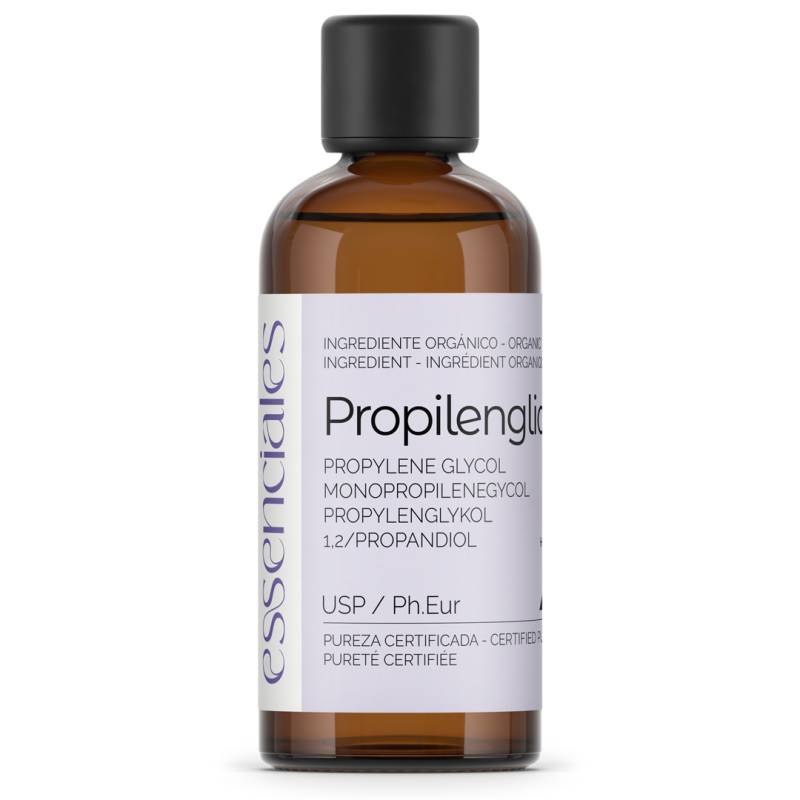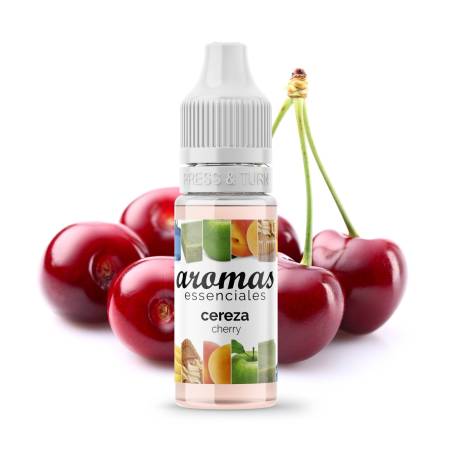What is Propylene Glycol?
Propylene glycol is a humectant and solvent. It is attributed with bactericidal and fungicidal properties. It is suitable for diluting aqueous solutions (water-soluble) or fatty solutions (liposoluble). It does not alter the properties of the ingredients it interacts with, only the texture may vary.
At high concentrations, it acts as an effective preservative, almost similar to ethanol. It is an excellent carrier for active ingredients that do not dissolve in water, such as volatile oils or Vitamins A and D.
Additionally, it is considered a good emollient, preventing the drying of the stratum corneum of the epidermis and protecting the skin.
It has a stabilizing effect on cosmetic emulsions and is also used as a plasticizing agent in formulations.
It is incorporated in the aqueous phase of emulsions and contributes less viscosity to formulas than glycerin.
Uses of Propylene Glycol
It is used as a solvent or diluent for dyes, pigments, essential oils, or aromatic essences. It is a humectant, helping retain skin moisture. It is also used in the production of:
Price of Propylene Glycol
At Essenciales, you can buy propylene glycol with the best quality-price ratio on the market.
Other Specifications for Using Propylene Glycol in Homemade Cosmetics
BIO QUALITY - THIS PROPYLENE GLYCOL DOES NOT COME FROM PETROLEUM DERIVATIVES.
CAS Nº: 57-55-6
Product description: a clear, colorless, slightly viscous liquid at room temperature.
Synonyms: 1,2-Propanediol, 2-Hydroxypropanol, Methylethylene Glycol, Methylglycol
Molecular Formula: C3H8O2
Solubility: miscible with water and 96% ethanol
Recommended Dosage:
As a solvent or co-solvent for topical use: 5-30%
As a humectant: approximately 15%
As a preservative: 15-30%
Side Effects:
It can be irritating and sensitizing topically at concentrations above 30%.
In this case, it can be replaced with Glycerin or Sorbitol sol. 70%.
Incompatibilities:
Certain oxidizing agents.

























